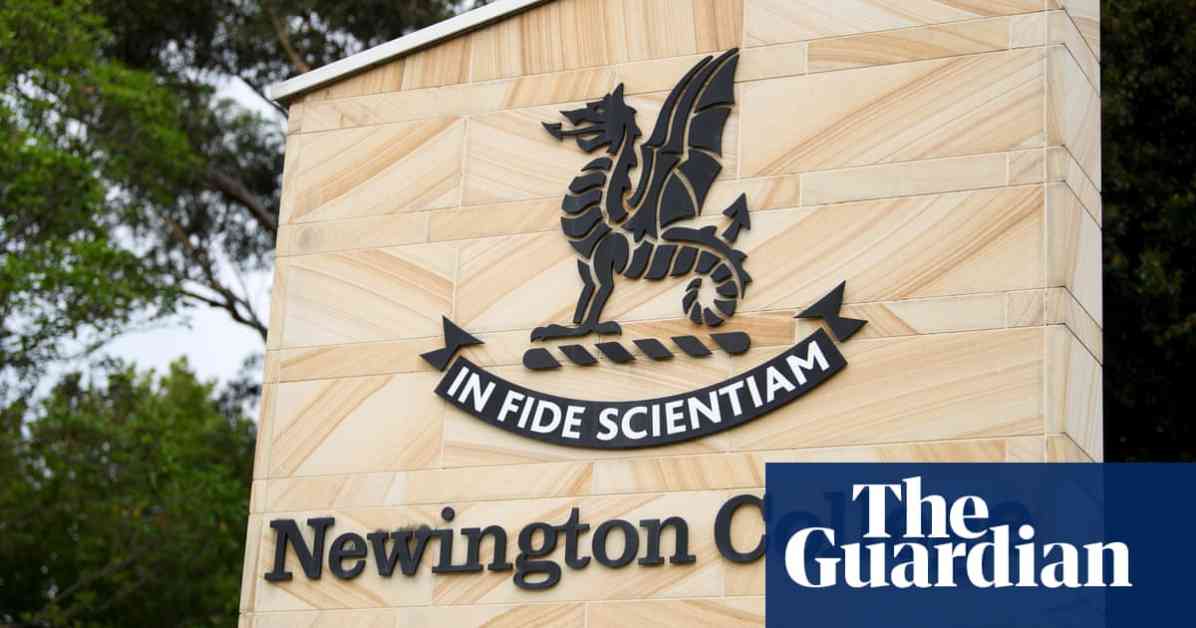Private Schools with Wealthy Parents Receive $130m in Australian Public Funding
New data released by the Australian Curriculum, Assessment and Reporting Authority (Acara) has shed light on how 20 private schools with the wealthiest parent cohorts in the country received a whopping combined total of $130 million in government funding last year. This revelation has sparked a heated debate about education funding equity and the role of public money in supporting elite educational institutions.
The 20 schools, where parents boast a median income exceeding an average of $340,000, rely heavily on parent fees and other private sources for funding. However, they still managed to secure a significant chunk of federal and state government funding in 2023. Among them, Sydney Grammar School stands out as the top recipient, with a total funding of $7 million from the government and $19 million from parents and other private sources last year, amounting to $51,275 per student.
Wealthy Schools, Generous Government
SCEGGS Darlinghurst, an independent girls’ school in Sydney with an average parent income of $495,000, led the pack in government funding with a total of $3.8 million. Meanwhile, Newington College, with annual fees reaching up to $42,201 for senior students, received the highest total government sum among the 20 schools, a whopping $11 million in combined funding from the commonwealth and NSW government in 2023.
Funding Disparities and Reform
The latest figures come at a crucial time when negotiations between the federal government and several states are at a standstill over school funding agreements. While the Schooling Resource Standard (SRS) sets a minimum amount required for baseline education, only the ACT has met this standard, leaving 98% of public schools underfunded and many private schools overfunded.
Despite efforts to address these disparities, the total increase in commonwealth funding from 2023 to 2024 favored private schools, with higher growth rates compared to public schools. Education Minister Jason Clare emphasized the importance of reaching full funding levels for public schools but expressed reluctance to reduce funding for private institutions, highlighting the complex dynamics of the education funding landscape.
Push for Equity and Sustainability
As the debate over school funding intensifies, the need for a balanced approach that prioritizes equity and sustainability becomes more apparent. While the government’s commitment to increasing funding for public schools is commendable, striking a delicate balance between supporting public education and addressing historical disparities in funding allocation remains a daunting challenge.
In a rapidly evolving educational landscape, where financial resources often dictate the quality of education, achieving a fair and transparent funding system is crucial for ensuring equal opportunities for all students. As stakeholders navigate the complexities of education funding reform, the ultimate goal should be to create a sustainable and inclusive education system that empowers every student to reach their full potential, regardless of their socioeconomic background or the school they attend.







